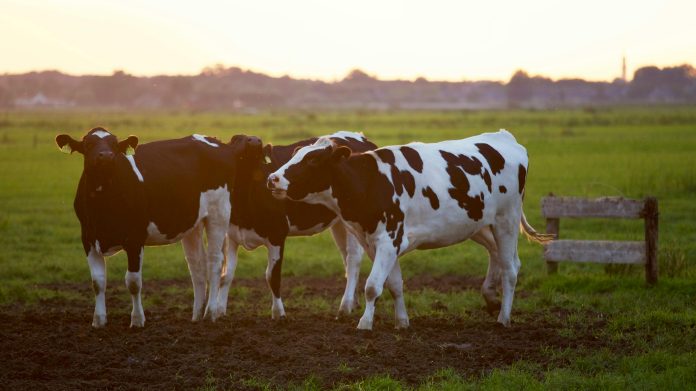The Canadian Roundtable for Sustainable Beef (CRSB) released its second National Beef Sustainability Assessment (NBSA) and Strategy report on Jan. 15.
The report focuses on how the beef industry affects greenhouse gases, carbon storage, biodiversity and wildlife habitat. The assessment reflects three years of scientific analysis and highlights the Canadian beef sector’s progress between 2014 and 2021.
The report also includes accompanying sustainability strategies that identify areas for continuous improvement.
“I am proud of the Canadian beef industry’s commitment to continuous improvement, and the progress already made on our sustainability journey.” said Ryan Beierbach, Chair of the CRSB and Saskatchewan beef producer in a press release. “This assessment demonstrates the important role Canadian beef producers and our members play in advancing sustainability, and what we can accomplish when we work together towards common goals.”
The report was completed as part of over $2.8 million in funding for the CRSB under the Government of Canada’s AgriAssurance Program – National Industry Association Component, an initiative under the Sustainable Canadian Agricultural Partnership.
The report shows a 15 per cent reduction in greenhouse gas emissions to produce 1 kg of beef (boneless and consumed) since 2014. This improvement is largely attributed to increased efficiencies of cattle growth, leading to a smaller overall carbon footprint as less land, water and feed are required to produce the same volume of beef.
“It is exciting to see all of the improvements and hard work by the beef industry since our baseline assessment released in 2016 – especially in the areas of greenhouse gas reductions,” said Brad Downey, a senior wildlife biologist with the Alberta Conservation Association, and chair of the CRSB’s Scientific Advisory Committee. “It highlights the important role that beef production plays for preserving critical wildlife habitat and Canada’s grasslands.
“This report also enables transparency of the beef industry to the public and confirms significant progress based on sound data that sets the stage for meeting many of the Canadian beef industry’s 2030 goals through purposeful, science-based actions.”
In a press release, the CRSB said measuring sustainability performance is only the first step; having clear goals and actions for achieving improvement is critical. The report will guide CRSB members to work together on environmental sustainability for the next several years.
Federal Agriculture and Agri-Food Minister Lawrence MacAulay welcomed the report’s release.
“This report on the Canadian beef industry’s advancements in sustainability is an important tool to track the sector’s progress towards its 2030 goals. We can all be proud of the industry’s commitment to taking action to reduce their environmental footprint, without compromising their high standards and commitment to quality they’re known for,” said MacAulay.
The Canadian cattle industry contributes $51.5 billion in the production of goods and services, $21.8 billion to the Canadian GDP and $11.7 billion in labour income.
Demand for Canadian beef remains strong with Canadian consumers, up 5 per cent, and around the world an increase of 16 per cent.
Conversations around farmer stress and mental health have grown louder, increasing awareness. Work continues to reduce the stigma of mental health challenges across the beef supply chain.
CRSB is a multi-stakeholder not-for-profit organization that advances, measures and communicates continuous improvement in the sustainability of the Canadian beef value chain. CRSB drives recognition and continuous progress in Canadian beef through sustainability performance measurement, a voluntary third party sustainability certification program, and projects and initiatives aligned with strategic goals.


